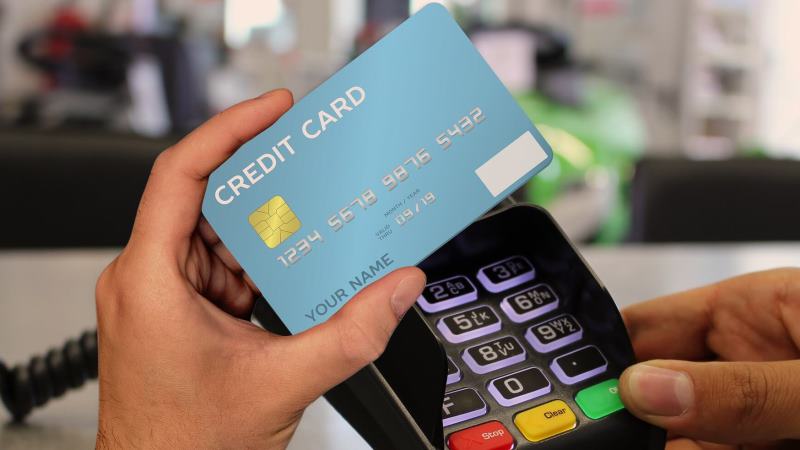
It will come as no surprise that when you get involved in credit card processing, you must put certain security protocols in place. In fact, if you accept credit cards at all you must be PCI compliant.
While PCI is required, it is not actually a security system, which is what SSL helps to provide, although that is really the absolute minimum you want to have. Information thieves know that small, medium and high risk merchant accounts are the most vulnerable, and they are constantly changing their tactics adapting to changes in the security industry, so take steps to protect your company.
How to be PCI Compliant
The first step in compliance Usaha Rumahan involves filling out a self assessment questionnaire. The specific requirements are actually connected to what type of business you own. The full complement of requirements is as follows:
- Set up and maintain a secure network that is PCI compliant
- Protect all cardholder data
- Maintain a vulnerability management program
- Arrange strong access control measures
- Implement regular monitoring and testing of your networks using an approved scanning vendor (ASV)
- Implement and keep up with an information security policy
Staying Secure Ensures a Good Reputation
Nothing is more important to a business than it’s reputation. While PCI compliance is an essential first step, it doesn’t provide actual security. For that you need to set up a solid security system. If you don’t know how, or don’t have the time to perform regular scans and updates, this is an area where you absolutely must outsource. Even with PCI in place, you are probably liable for any security breaches that affect your customer base, so do whatever necessary to prevent such violations.
The time involved in being PCI compliant and secure may seem excessive at first, but when compared with the potential fines and security breaches that can occur, the process is actually quite reasonable. If credit card processing is going to be a regular aspect of your business, the investment is more than worthwhile.